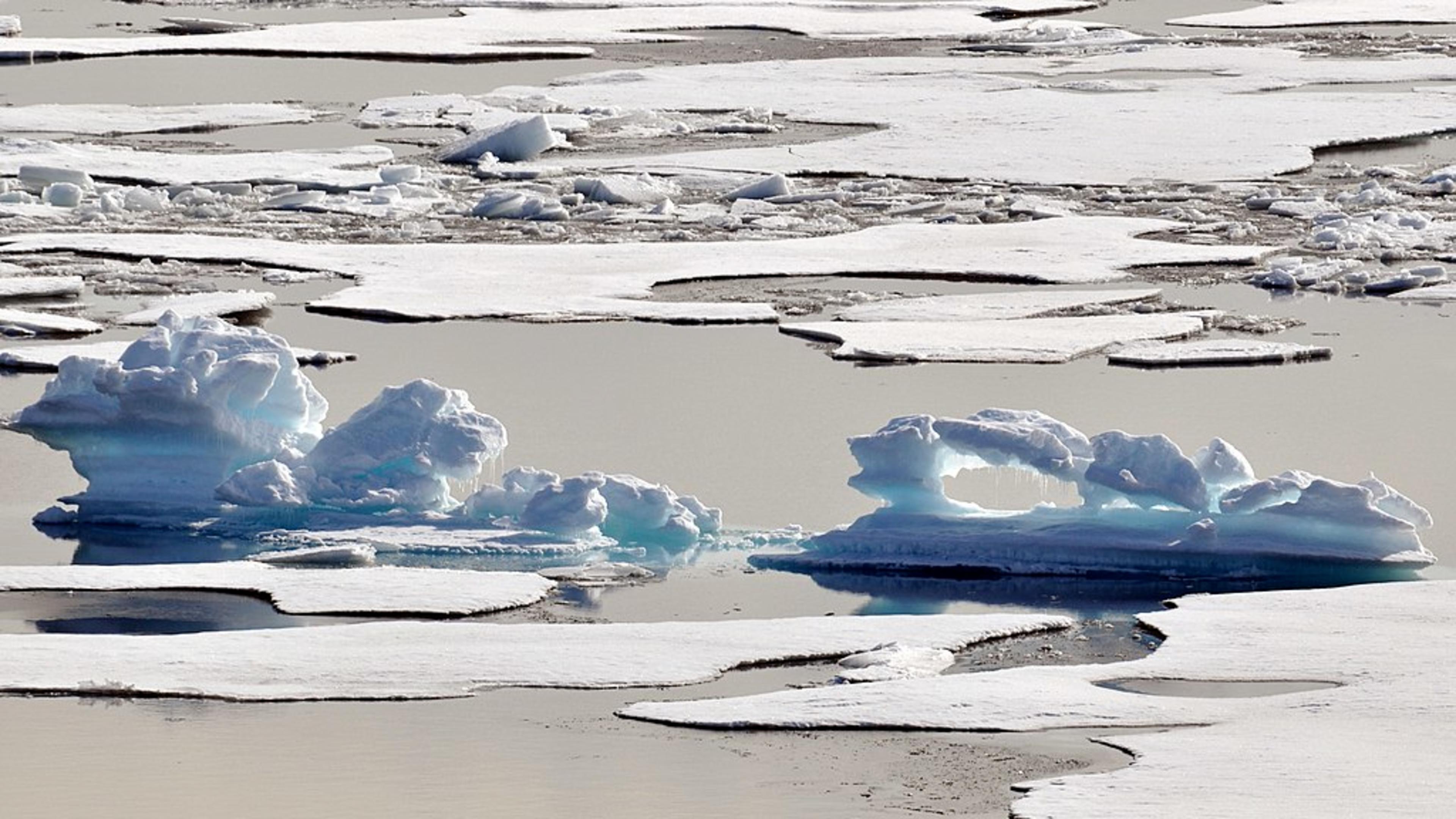
Wings Over Wires
A fundraising compilation in support of Gaza Birds Singing.
Loading

A harrowing new report warns that immediate emission reductions are needed to curb “code red for humanity”
By Steindór Jónsson
World leaders are facing criticism for complacency in the wake of the International Panel on Climate Change’s (IPCC) August report on the climate crisis.
The document, approved by representatives from every nation on Earth, unequivocally states that human activity is causing ‘rapid’ global warming which will continue until 2050, even with immediate reduction in emissions.
“Global surface temperature will continue to increase until at least the mid-century under all emissions scenarios considered,” the report states. “Global warming of 1.5°C and 2°C will be exceeded during the 21st century unless deep reductions in carbon dioxide (CO2) and other greenhouse gas emissions occur in the coming decades.”
The report goes on to state that some changes are now inevitable and irreversible, and will result in extreme weather events.
“We can’t wait to tackle the climate crisis,” US President Joe Biden wrote on Twitter in response to the IPCC’s report. “The signs are unmistakable. The science is undeniable. And the cost of inaction keeps mounting.”
Only two days later, however, the White House called on OPEC, the Organization of the Petroleum Exporting Countries, to increase oil production even more than has already been decided. “At a critical moment in the global recovery, this is simply not enough,” said the White House about OPEC’s current plans in a statement.
In the UK, prime minister Boris Johnson faces criticism for inaction. Despite describing the IPCC’s report as “sobering reading” and urging for “consigning coal to history,” major fossil fuel projects remain on the horizon under his administration.
Other leaders have focused their rhetoric on joint global action. French president Emmanuel Macron called for a new deal to match the urgency of the report, claiming that France will be on the side of those who act. India’s environment minister Bhupender Yadav pointed a finger at richer nations, saying that developed countries need to undertake immediate, deep emission cuts.
World leaders are set to meet in Glasgow this November for COP26, the UN climate conference. UN secretary general Antonio Guterres has described the conclusion of the report as “code red for humanity” and a “death knell for coal and fossil fuels, before they destroy our planet.”